The 7 new books that helped me escape this year
From Owls of the Eastern Ice to The Mirror and the Light

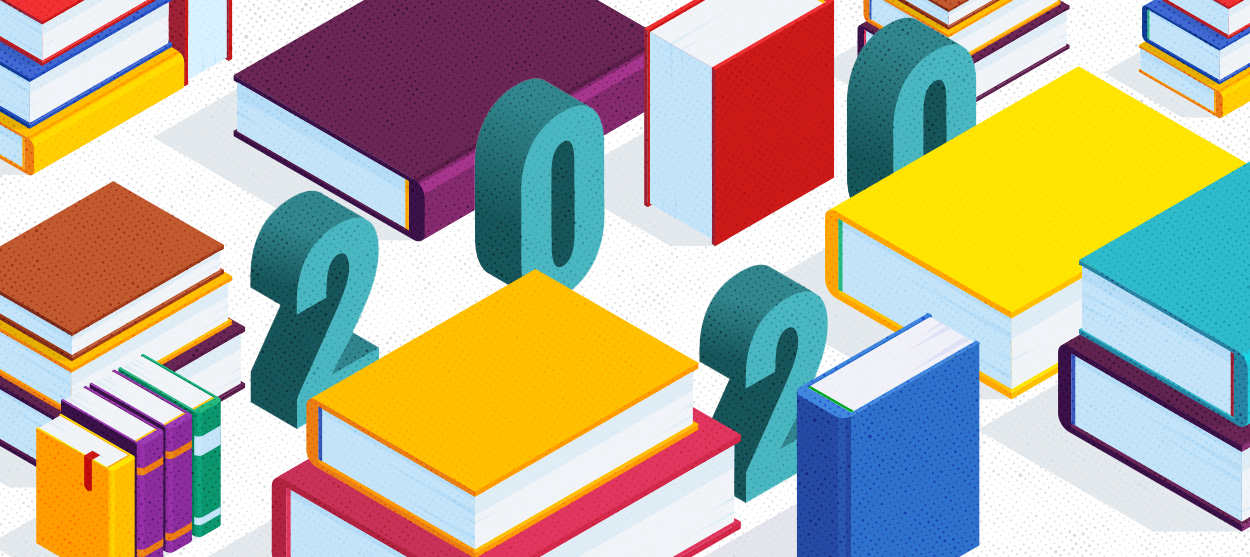
A free daily email with the biggest news stories of the day – and the best features from TheWeek.com
You are now subscribed
Your newsletter sign-up was successful
I have a reader's confession to make: When quarantine was first announced, part of me was … excited. The mayor is telling me to stay inside and not interact with other people? It seemed like the perfect scenario for getting through a healthy chunk of my massive to-read pile.
But the appeal sputtered out almost immediately. Any time I opened a book, I'd get distracted. I had a hard time focusing, my mind racing back to vulnerable family members and the ever-rising number of deaths. Between chapters, I'd doomscroll on my phone, only to realize with a jolt that an hour had gone by.
Month by month, though, I've found my way back to distraction-free reading. I'm able to focus better, as I've adapted to compartmentalizing the daily assault of fresh horrors. Reading has become a healthy escape again — and these are the books that helped me through it.
The Week
Escape your echo chamber. Get the facts behind the news, plus analysis from multiple perspectives.

Sign up for The Week's Free Newsletters
From our morning news briefing to a weekly Good News Newsletter, get the best of The Week delivered directly to your inbox.
From our morning news briefing to a weekly Good News Newsletter, get the best of The Week delivered directly to your inbox.
The fine print: My to-read pile grew to dangerous new heights this year thanks to the incredible volume of new literature that continued to be published, relatively without a hitch, throughout the pandemic. As a result, there remain a handful of embarrassing oversights that I still haven't read: Rumaan Alam's Leave the World Behind, Deacon King Kong by James McBride, Barack Obama's memoir, Natasha Trethewey's Memorial Drive, and Homeland Elegies by Ayad Akhtar being some of the most glaring. As one overwhelmed reader to another: Please do not interpret a book being excluded here as dislike.
7. Owls of the Eastern Ice: A Quest to Find and Save the World's Largest Owl, by Jonathan C. Slaght
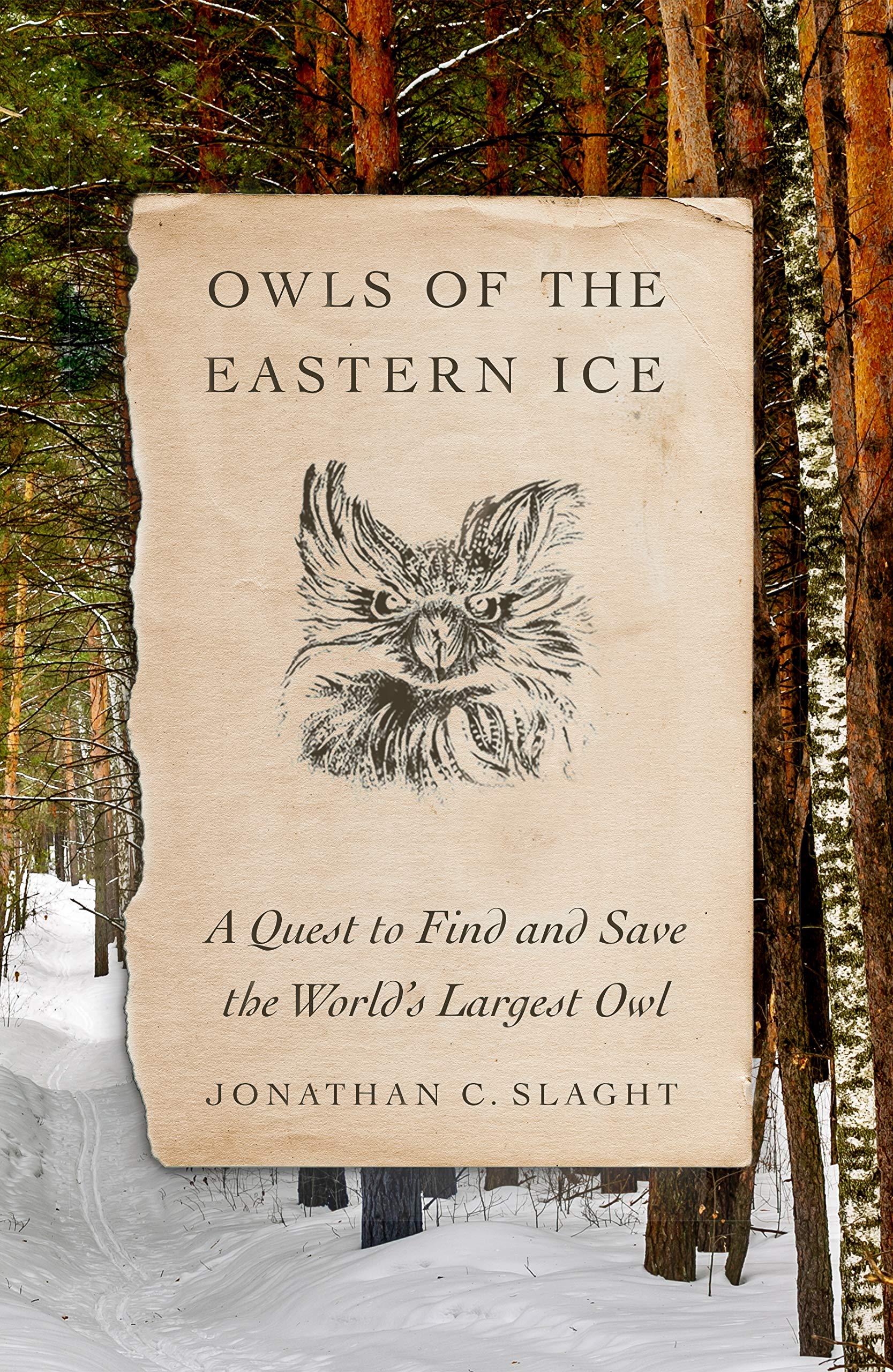
In a year I spent virtually housebound, I was more grateful than ever to authors who took me to lands not just distant, but previously unimagined. Jonathan Slaght, though, is no Tolkien — rather, he's a scientist, who traveled to the rough, far eastern edge of Russia to study, and to formulate a conservation strategy for, the magnificent and endangered Blakiston's fish owl.
Though the book records Slaght's four years of fieldwork — and all the frustrations, findings, and breakthroughs — it is the forests of Primorye that are the soul of this work. Filled with tigers, bears, boars, and deer, as well as the sorts of people who are attracted to the edges of civilization, the woods are both a source of wonder and danger, and Slaght is a terrifically visible writer who makes it feel like you're bushwhacking through them yourself. Though I'd initially been let down that there was only a short section of colored pictures included in the middle, it turned out not to matter: Slaght's woods and owls are vibrant on the page, second only to real life.
A free daily email with the biggest news stories of the day – and the best features from TheWeek.com
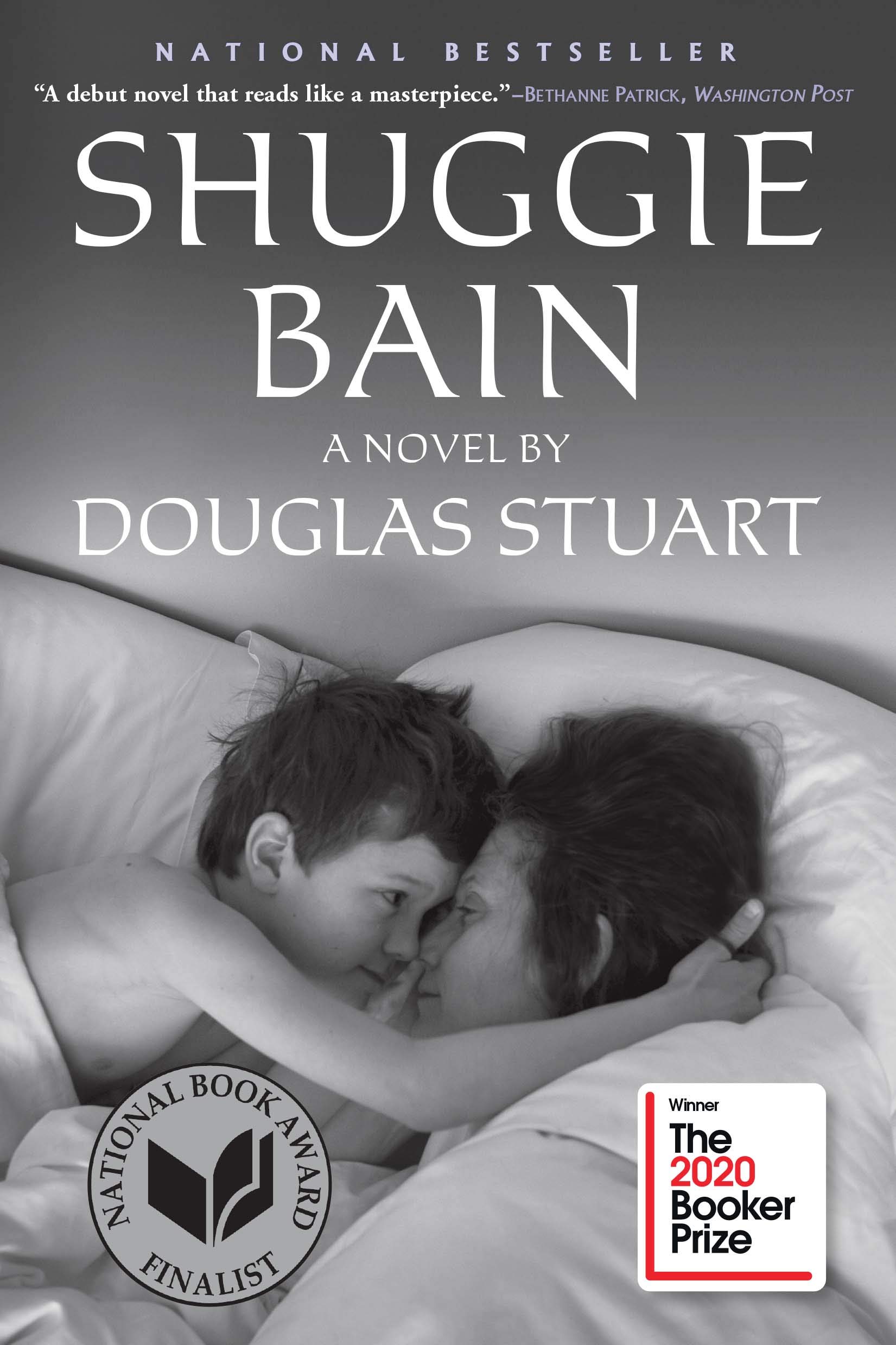
6. Shuggie Bain, by Douglas Stewart
It took me three separate visits to three different bookstores in two different states before I was finally able to get my hands on a copy of Shuggie Bain this month. But Douglas Stewart's debut was initially unassuming: Vulture called it the "best-reviewed book you've not read yet in 2020" back in early November, and Stewart himself admitted he was "not the favorite" for either of the major literary awards when it came out. But by the time of the Man Booker announcement in mid-November, word had gotten around; Stewart ended up taking home the prestigious prize.
While I'd been pulling for the book that's at number one on this list, I have no problems with Stewart's win: Shuggie Bain is an unrelenting account of an impoverished family living in Scotland during the Thatcher era. Though the title of the book focuses on the youngest family member, Shuggie, the novel is expansive and ambitious, both difficult to read and an unstoppable achievement.
5. Caste: The Origins of Our Discontents, by Isabel Wilkerson
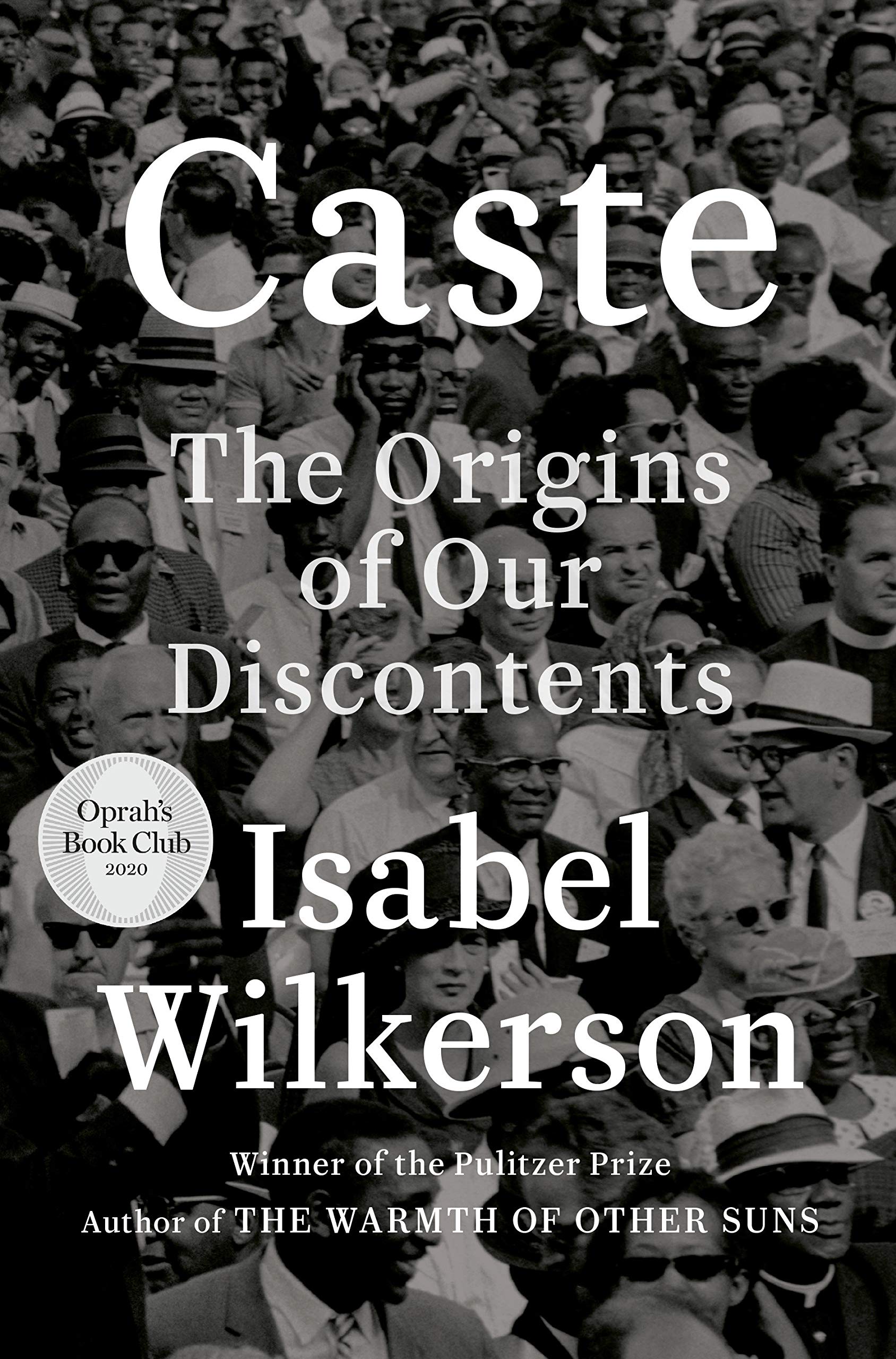
In the long run, there probably won't be a more important book this year than Caste, in which Pulitzer Prize-winner Isabel Wilkerson posits that America, like India and Nazi Germany, is built on a caste system. "Now I describe caste as the bones and race as the skin," is how she explains this to NPR. "The skin is what we can see, and that's what's been used as a metric of hierarchy — the tool, the signifier, the cue, the signal of where one has been assigned in this caste system from the very beginning, since before there was a United States."
In a rave review of the book, The New York Times' Dwight Garner described Caste as "an instant American classic and almost certainly the keynote nonfiction book of the American century thus far." My only hesitation keeping me back from full agreement would be the feeling of the book more as an introduction; but it is also this quality that makes it inviting and accessible. It's nothing if not clear and readable — features that books declared "important" and "classics" by critics often lack. It's true, though, that Caste belongs in every classroom and will be a jumping off point for decades of work still yet to come.
4. Uncanny Valley: A Memoir, by Anna Wiener

In terms of pure enjoyment, there wasn't a book I loved diving into more this year than Uncanny Valley, a hilarious, crackling memoir about the Silicon Valley bubble by Anna Wiener. Though there are "few revelations for those who have had contact with the technology industry," in the words of one critic, Wiener tackles the topic like she's writing for an alien visitor, and in doing so, draws out the total absurdity of the post-recession tech world.
I was initially sucked into the book by reading the n+1 article it's based on, where I fell in love with Wiener's gossipy voice. She's an outsider to Silicon Valley — "it's not that I was a Luddite … I just never opened the business section" — and exposes both the churning, contagious excitement of start-up culture, but also the delusions. It's probably my most recommended book of the year: outrageous, fun, and revealing, all in equal measure.
3. Luster, by Raven Leilani
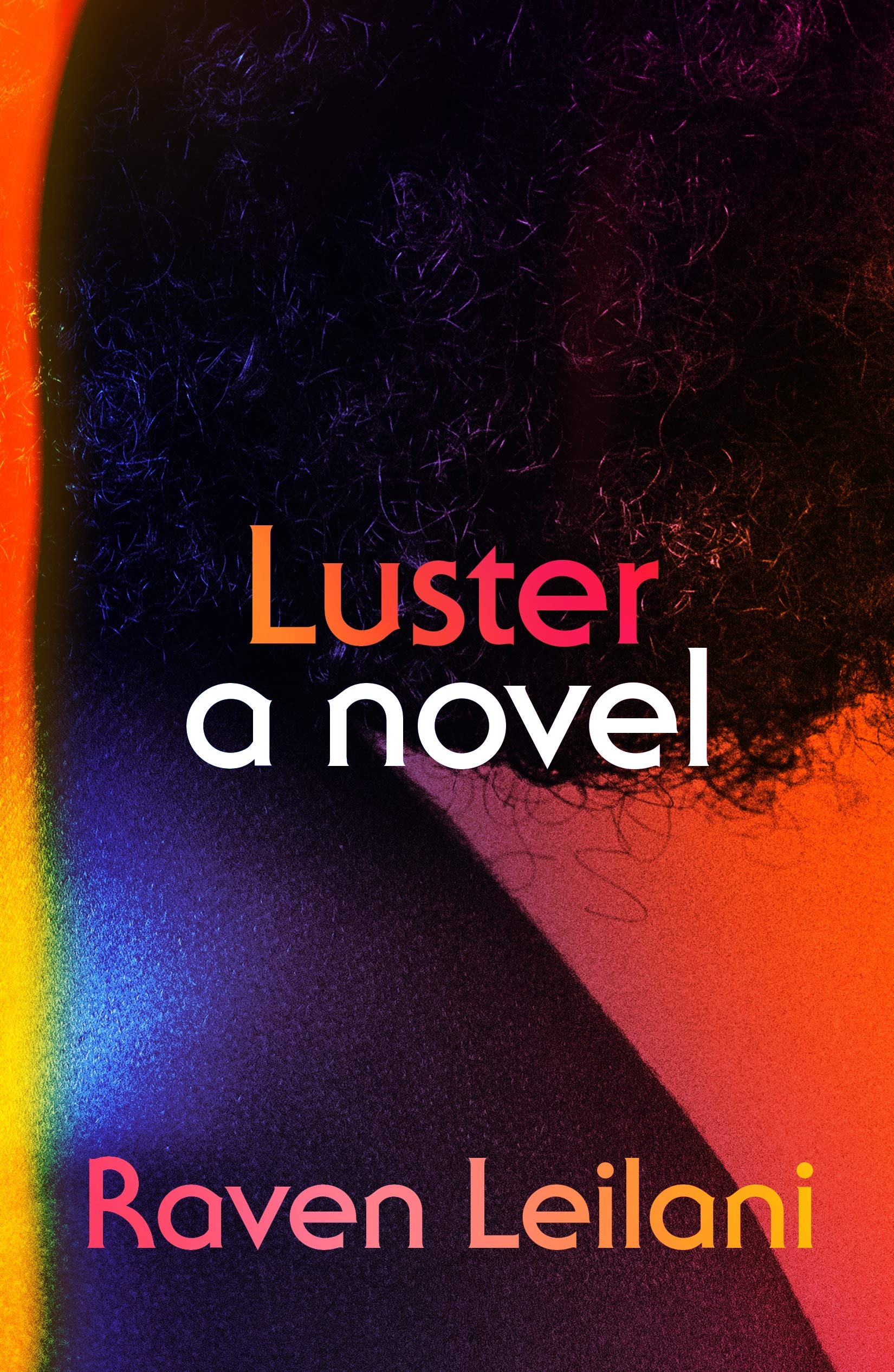
Luster was one of the books you'd hear about before you ever saw it, a slow rumble of buzz that built until it was finally in your hands. Described as perfect for people who love Fleabag or Normal People, the book probably attracted as many people as it repelled by being labeled a "millennial novel." But I urge you, do not write off Luster: Not only is Raven Leilani an absolute force of a writer, but her book defies easy characterization. It's dark and hilarious, nasty and tender, exhausting and luminous.
Edie is a Black, underpaid cog in a publishing house who is having an affair with a much older married man, Eric. Eventually, Edie moves into the house with Eric — and his wife, the cool and competent Rebecca, who's struggling to raise her adopted, Black 12-year-old daughter, Akila. This is a slim book that stirs together capitalism, race, sex, and youthful ennui into a concoction that, in Leilani's hands, is as unsettling as it is American.
2. Cleanness, by Garth Greenwell
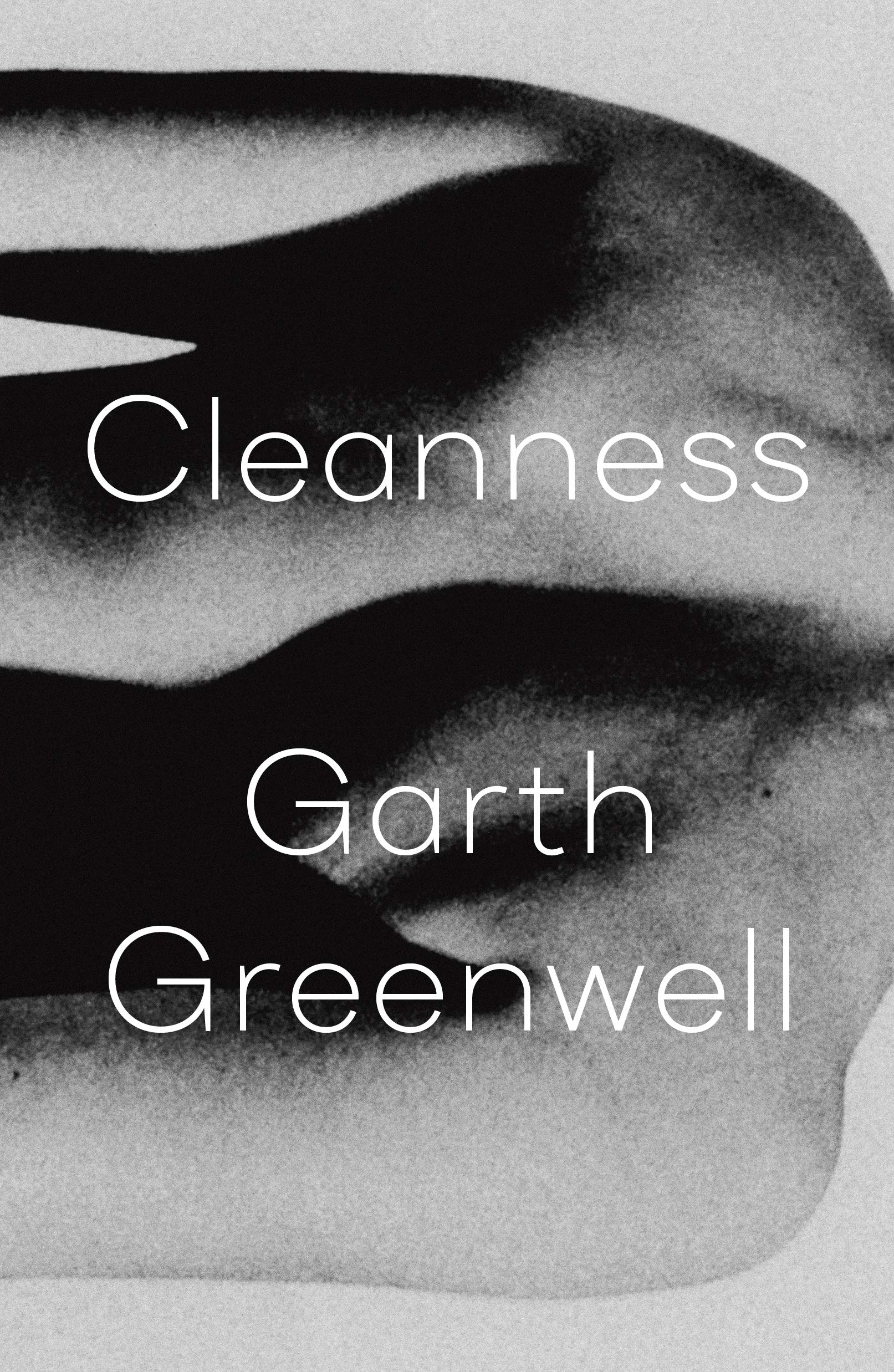
Garth Greenwell could write an algebra problem and I'd probably still read the heck out of it. Thankfully for both of us, though, he didn't have to. Cleanness came out in January, a month that feels a little like this book does: cold and hard and vulnerable, leaving you seeking whatever tenderness you can cobble together.
The unnamed narrator is a young American who teaches in Bulgaria's capital of Sofia — a familiar persona to readers of Greenwell's previous book — and the constant voice through its three sections of three chapters each. Or perhaps they're better described as stories, rather than chapters, since Cleanness functions a little more like a collection of linked tales than a novel. And though our protagonist spends much of his time unmoored, seeking out strangers for sex on gay hook-up sites, the middle, and only named, section of Cleanness centers on his fragile relationship with "R," a Portuguese student.
As Greenwell described his intent to The New York Times, he wanted "to write something that was 100 percent pornographic and 100 percent high art." In Cleanness, his math adds up.
1. The Mirror and the Light, by Hilary Mantel
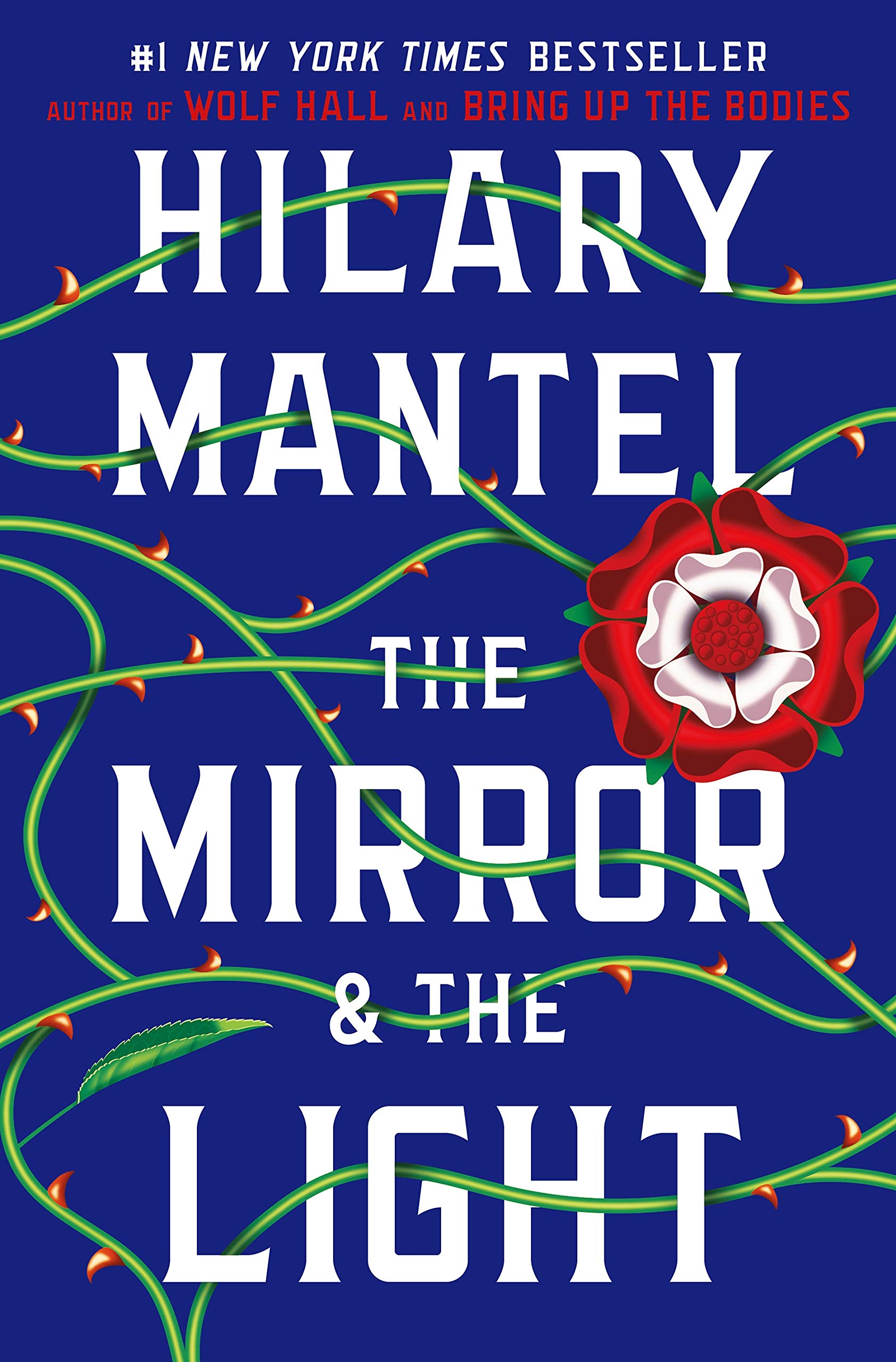
Hilary Mantel took her sweet time writing the third and final installment of her trilogy about Thomas Cromwell — eight years, to be exact. But even before it was in our hands, there was a dreadful inevitability to The Mirror and the Light: After all, history tells us exactly how this story was set to end.
Even with its foregone conclusion, though, The Mirror and the Light maintains the trilogy's barreling forward momentum. Though told in the third person, he, Cromwell, is the readers' intimate companion, so much so that his tightening circle of enemies made my skin prickle with anxiety as if I was the one who was in danger of being thrown in the Tower of London. Such is the craft of Mantel, who isn't a precise writer so much as she is an immersive one (not that she always needs to be; many of us had first-hand experience in plagues by the time we got around to reading about the Black Death in the Tudor era).
Though The Mirror and the Light is a looser novel than Mantel's first two works of the trilogy, and the only one to have not been awarded the prestigious Booker prize, it is a masterful finish to one of the great projects of 21st Century literature. I mourned finishing this book like Cromwell was someone I really knew. And maybe, through these books, he was.
Jeva Lange was the executive editor at TheWeek.com. She formerly served as The Week's deputy editor and culture critic. She is also a contributor to Screen Slate, and her writing has appeared in The New York Daily News, The Awl, Vice, and Gothamist, among other publications. Jeva lives in New York City. Follow her on Twitter.
